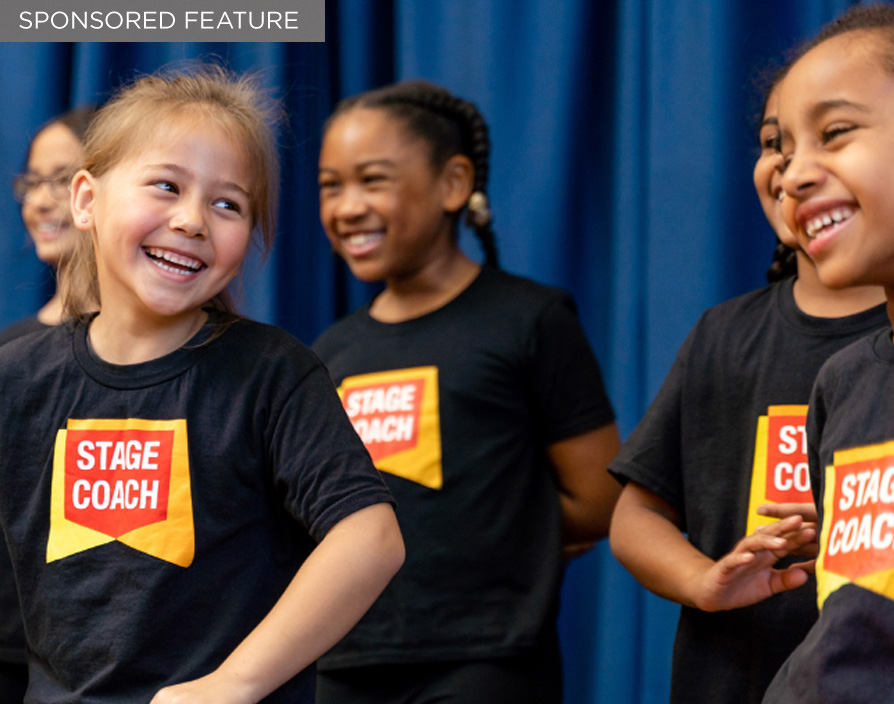According to the British Franchise Association, over 40% of stand alone businesses fail, compared to less than 5% of franchise businesses.
Investing in a franchise is a proven way to run your own business using an established product and brand.
When deciding which franchise to invest in, there is a lot to consider. Here, we look at just two things:
- What do you want to do?
- What does everyone else want or need?
Besides the financials, it’s important to think about what you enjoy and what else you want to get out of owning your own business. You might want to work predominantly on the weekend so you can accommodate family commitments during the traditional working week. Perhaps you have always wanted to work with children and this business will give you the opportunity to do that. Whatever it is, be clear about what you need from your business for you personally.
As much as figuring out exactly what you want is key, it’s also important to do your
research to get an understanding of what everyone else wants in your chosen business area. Do your market research by looking at local directories, speak to people in your chosen industry and potential customers. For example, if you have chosen to start a business providing extra-curricular activities for children in your local area, find out what already exists nearby and if you can, talk to parents and children in the area too.
Where your interests and requirements meet with the current market demand, you’re in the perfect position to begin exploring what franchising options you can get involved in.
In the world of franchising, investment opportunities are incredibly varied. If you’re passionate about the arts, and about educating young people, buying a children’s performing arts franchise could be the perfect new business for you.
While extra-curricular franchises have always played a significant role in equipping young minds for a brighter future, they are now in higher demand than ever before.
Evidence from research conducted by the European Platform for Investing in Children (EPIC) suggests that taking part in extracurricular activities can offer children numerous benefits, including better social, behavioural and academic outcomes, as well as improved social inclusion.
The world of performing arts has so much more to offer children than singing, dancing and acting. Whilst these disciplines are the subject matter for the classes delivered, the skills honed through these activities include enhanced cognitive, motor and social development. The transferable skills learnt from performing arts can help children and young people better manage and express their emotions and become more confident in being their true selves.
This demand doesn’t seem to be slowing down. A study of UK parents discovered they will pay £28,000 for extracurricular activities for their children before they turn 18.
The current landscape of children’s activities is becoming more diverse and with so many options for parents to choose from, combined activities classes with a focus on not just fun but also core skills are solid choices for investment. Performing arts classes enable children to explore the worlds of singing, dancing and acting to give them more opportunities to grow and find their passions.
Working with children as a franchise owner could offer you the chance to enrich the lives of children and young people, alongside running a successful and profitable business. It’s an investment in your own financial future as well as your local community.
If preparing the next generation to head out into the world interests you, consider investing in a children’s performing arts franchise today.
This article comes courtesy of Stagecoach Performing Arts Ltd, one of our top 20 Franchises. With a network of over 300 franchisees, they deliver Creative Courage For Life to 55,000 children around the world, every week.
































